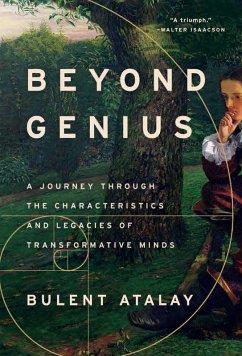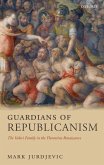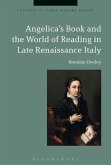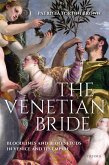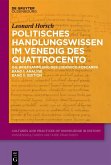An in-depth and unified exploration of genius in the arts and sciences through the life and works of five seminal intellectual and cultural figures: Leonardo da Vinci, William Shakespeare, Isaac Newton, Ludwig von Beethoven, and Albert Einstein. Who among us hasn't read Hamlet, listened to the Fifth Symphony, gazed at the Mona Lisa, or marveled at the three laws of physics and the Theory of Relativity and been struck with the same simple question: how on Earth did they do it? Where did these masters draw inspiration to produce some of the most stunning achievements in human history? Were their brains wired differently than ours? Did they have special traits or unique experiences that set them on the path to greatness? Genius is a broad and elusive concept, one that is divisive and hard to defineand gravely misunderstood. There are "ordinary" geniuses who achieve remarkable feats of brilliance, as well as "magicians" (a term James Gleick invoked to describe Richard Feynman) who make an outsize impact on their given field. But highest among them are transformative geniuses, those rare individuals who redefine their fields or open up new universes of thought altogether. These are the masters whose genius Bulent Atalay decodes in his engrossing, enlightening, and revelatory book. No, Atalay doesn't have a road map for how we might become the next Einstein or Leonardo, but his revolutionary study of genius gives us a stunning new lens through which to view humanity's most prolific thinkers and creators and perhaps pick up some inspiration along the way. At first, it seems that transformative geniuses don't follow any sort of topography. Their prodigious output looks effortless, they leap from summit to summit, and they probably couldn't explain exactly how they went about solving their problems. They might not even recognize themselves in the ways we talk about them today. Atalay argues that these heroes fit more of a mold than we might think. As evidence, he rigorously dissects the lives, traits, habits, and thought patterns of five exemplarsLeonardo, Shakespeare, Newton, Beethoven, and Einstein to map the path of the transformative genius. How did Beethoven, who could not perform basic multiplication, innately encode the Fibonacci Sequence in his symphonies? Is it possible that we understate Shakespeare's poetic influence? How did Leonardo become equally prolific in both the arts and the sciences? How did Newton formulate the universal laws of physics, the basis of so many other sciences? And what prompted TIME Magazine to declare Einstein, a man whose very name is synonymous with genius, the "Individual of the 20th Century"? With great clarity and attention to detail, Atalay expertly traces how these five exemplars ascended to immortality and what their lives and legacies reveal about how transformative geniuses are made
Dieser Download kann aus rechtlichen Gründen nur mit Rechnungsadresse in A, B, BG, CY, CZ, D, DK, EW, E, FIN, F, GR, HR, H, I, LT, L, LR, M, NL, PL, P, R, S, SLO, SK ausgeliefert werden.

